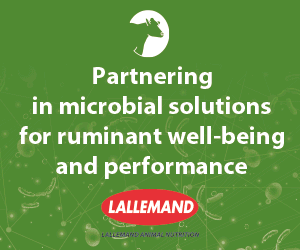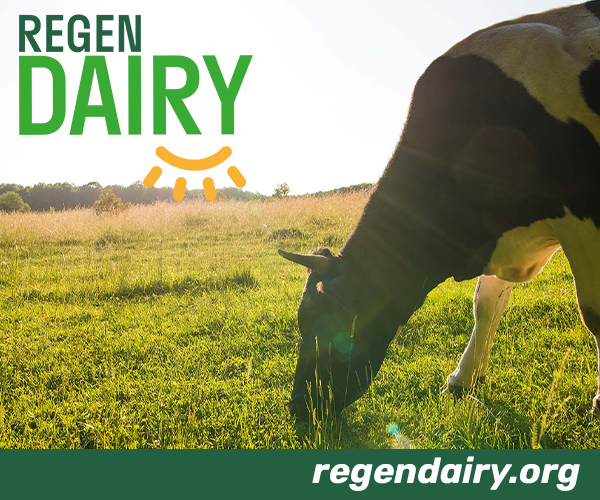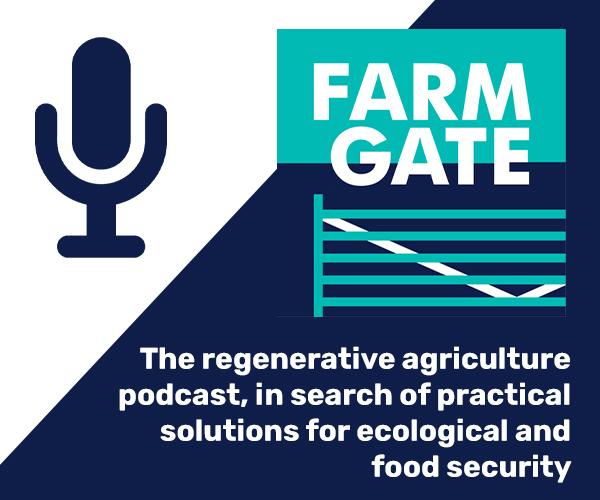



Researchers Find Molecule to Reduce Methane Emissions from Cattle
SPAIN - Researchers at the Spanish National Research Council (CSIC) have discovered that a certain molecule can be used to reduce methane emissions from ruminants, without risks to the animals' health.Ruminants digest their food through fermentation carried out by microorganisms living in the rumen.
This process produces organic acids: acetic acid, propionic acid, and butyric acid, all of which are absorbed and metabolised by the animal as a source of energy. But, in addition, it also produces methane, which escapes into the atmosphere in the form of gas.
In 2014, scientists had demonstrated the effectiveness of this molecule, known as 3-nitrooxypropanol, in sheep, but were unaware of how it actually worked.
The new study used incubated populations of anaerobic microorganisms from ruminants' digestive systems to test how it might work. The research found that the molecule only had an effect on methane producing microorganisms and not on those which contribute to digestion, suggesting that it would not have detrimental effects on the animals.
David Yáñez, a CSIC researcher at the Zaidin Experimental Research Centre in Granada (southern Spain) commented: "Up until now, no-one had described the mode of action of a compound which can repeatedly reduce (by 30 per cent) methane production in animals without any risks, either to the animal's health, or to their productivity."
The results of this work open up the possibility of reducing methane emissions and of contributing to a reduction in global temperatures which is caused by greenhouse gases, the scientists say.
"We will see an increase in the efficiency of ruminant production systems as better use is made of the energy taken in in animal feed, given that methane production accounts for a loss of up to 12 per cent of the energy an animal ingests," noted Mr Yáñez.
TheCattleSite News Desk










